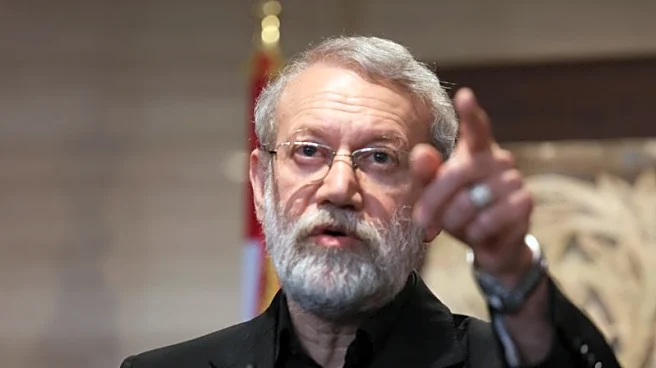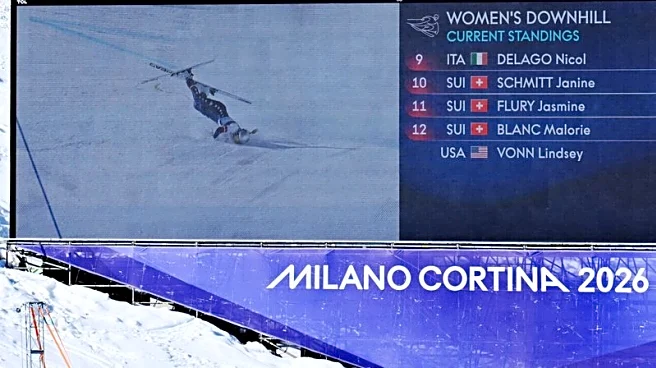Rapid Read • 6 min read
The U.S. Supreme Court has issued a temporary stay on a federal appeals court decision that would limit the Voting Rights Act by restricting who can sue to enforce protections against racial discrimination. The case involves two North Dakota tribes and individual voters challenging a state legislative map under the Voting Rights Act. The Supreme Court's unsigned order pauses the lower court's ruling pending a petition and decision on whether to hear the case. Justices Clarence Thomas, Samuel Alito, and Neil Gorsuch dissented, favoring the lower court's decision.
AD
This decision is significant as it affects the enforcement of the Voting Rights Act, a crucial tool for protecting against racial discrimination in voting. The Supreme Court's intervention highlights the ongoing debate over voting rights and the balance between state and federal oversight. The outcome of this case could impact Native American communities and other minority groups seeking fair representation. It also reflects broader tensions in U.S. politics regarding voting rights and racial equality.
The parties involved will file a petition, and the Supreme Court will decide whether to hear the case. The decision could influence future legal interpretations of the Voting Rights Act and its application in protecting minority voters. Stakeholders, including civil rights groups and political leaders, are likely to react to the court's decision, shaping public discourse on voting rights.
AD
More Stories You Might Enjoy












